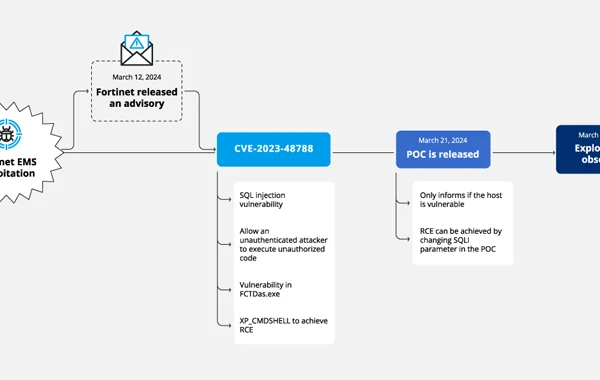
48 Vulnerabilities Uncovered In AI systems : Surge By 220%
Since the initial disclosure of 15 vulnerabilities in November 2023, a 220% increase in vulnerabilities impacting AI systems has been discovered, bringing the total to 48 vulnerabilities. The world’s first AI/ML bug bounty program, Protect AI, analyzes the whole OSS AI/ML supply chain for significant vulnerabilities. The experts discovered that specific security risks may be…








